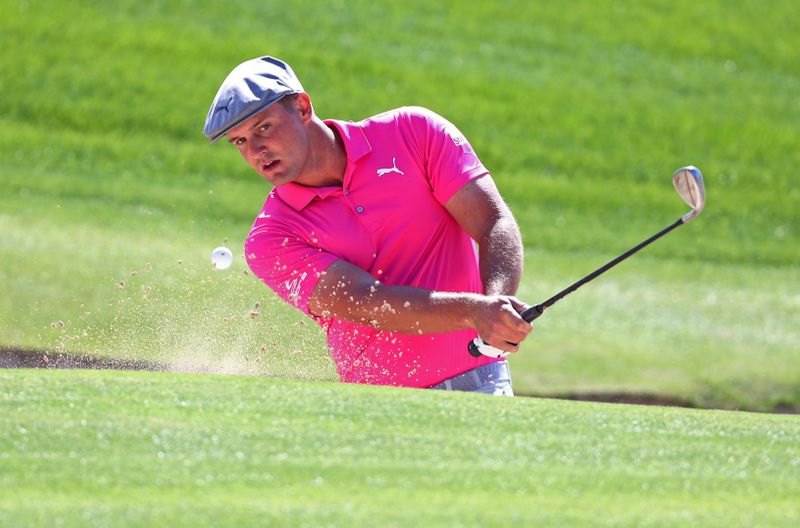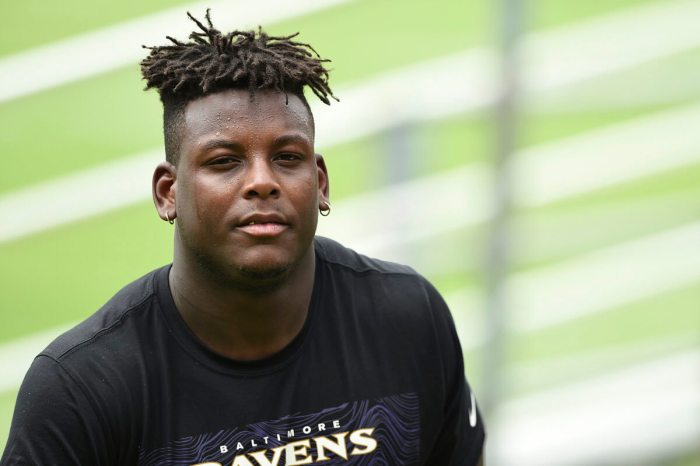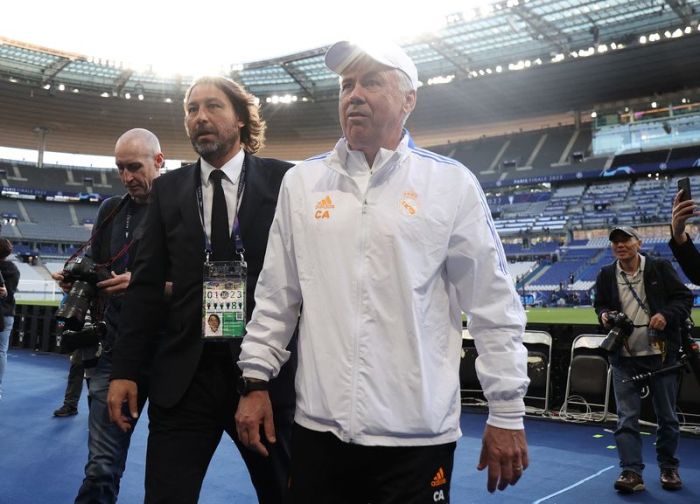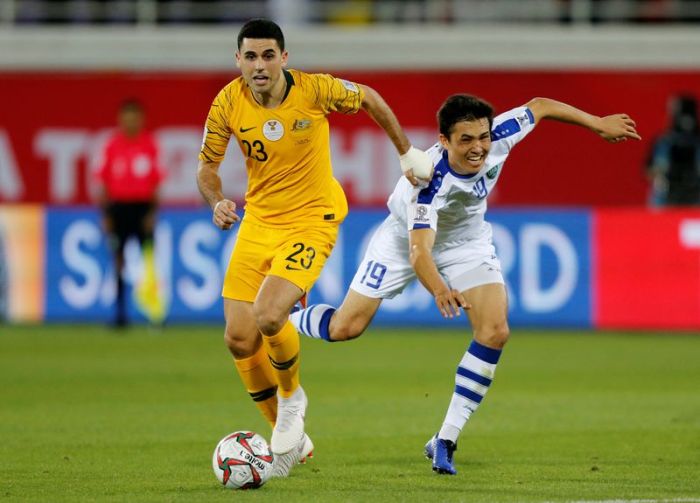AUGUSTA, Ga. (Reuters) – Bryson DeChambeau has the ability to bring Augusta National to its metaphorical knees in unprecedented fashion at this week’s Masters, according to one of golf’s premier data crunchers.
Former touring pro Scott Fawcett is little known to casual golf followers, but he has a devoted following among tour players, especially the young breed perhaps more open to using analytics than old-fashioned traditionalists.
Fawcett does a detailed analysis of the best way to tackle every hole on the PGA Tour, and provides it to any player interested.
And he does so without ever stepping foot on a course. Instead, he pores over Google Earth and the tour’s ShotLink statistical data to map out an optimal game plan with his course management system called DECADE.
He has known DeChambeau since before the latter turned professional, and was hardly surprised by the manner in which the player conquered Winged Foot to win the U.S. Open by six strokes in September.
DeChambeau smashed his drives massive distances and even when he strayed from the fairway and found long rough was usually close enough to the green to muscle an approach shot into an area from which he could save par, or sometimes better.
If DeChambeau has another great week with his driver at Augusta, it won’t be a fair fight, Fawcett believes.
“There are only a few people who can compete with him if he drives it well,” Fawcett said of DeChambeau in a telephone interview with Reuters.
“You’re just not going to drive it like he did at the U.S. Open every day. But if he does, he’s unbeatable simply because of how short the rest of the course is.”
Fawcett, who liaises regularly with DeChambeau’s coach Chris Como, says the most effective way to tackle a hole generally is to be bold with the driver and be more safety-first with approach shots to the greens.
“I don’t like using the words aggressive or conservative, because they’re emotional,” he said. “I just like to say mathematically correct.”
He points out that DeChambeau swings his driver faster than anyone on tour by a wide margin, his clubhead travelling at an average pace of 133mph at contact with the ball this season.
Fawcett watched DeChambeau hit plenty of three-woods off the tee at the PGA Championship at Harding Park in May, and observed that it was not a good strategy.
In Fawcett’s analysis, a three-wood is almost always a bad idea. DeChambeau listened, changed his approach for the U.S. Open, and was richly rewarded.
“You might hit five-or-six per cent more fairways but you’re giving up 30 yards on 100 per cent of your tee shots which is just bad math,” Fawcett said.
For those who think that DeChambeau’s strategy of smashing drives at almost every opportunity takes the artistry out of the game, Fawcett has a ready reply.
“Just taking a driver and swinging as hard as you possibly can at it and catching it solid and straight is so insanely difficult,” he said.
“The guy’s doing it like nobody else on the planet right now.”
(Reporting by Andrew Both in Cary, North Carolina; Editing by Christian Radnedge)



















